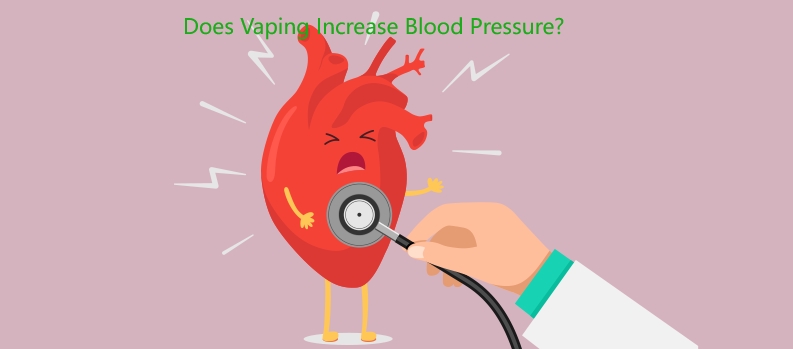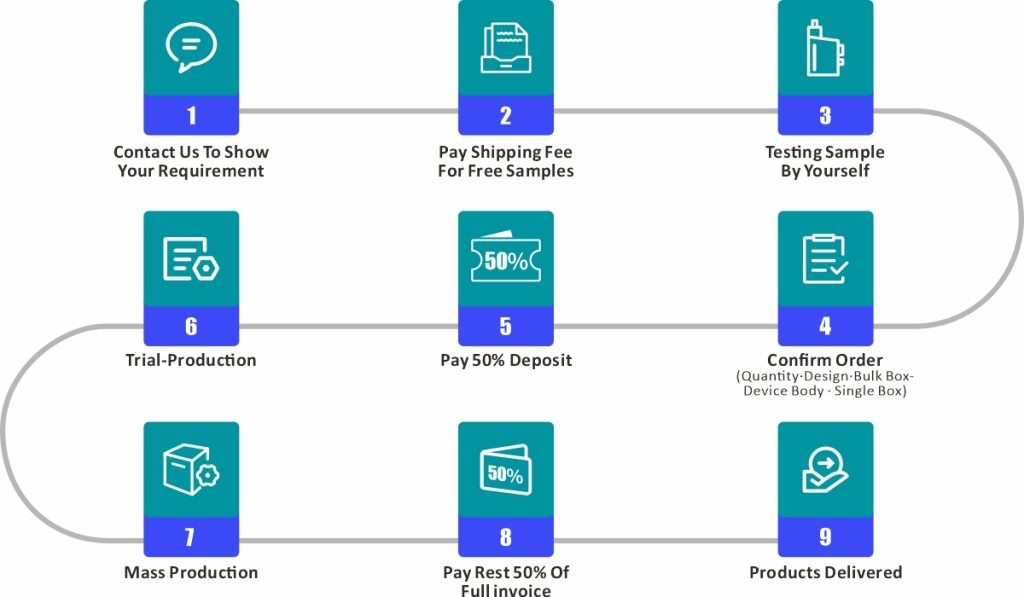Does Vaping Increase Blood Pressure? Understanding the Potential Impacts
High blood pressure, medically known as hypertension, is a significant health concern that affects individuals worldwide. It occurs when the force of blood against artery walls is consistently too high, leading to severe health complications such as heart disease and stroke. Smoking is a well-documented cause of hypertension due to the numerous harmful chemicals in cigarettes, but the relationship between vaping and blood pressure remains a topic of ongoing debate. This article examines the potential effects of vaping on blood pressure, comparing it to smoking and analyzing key contributing factors.
Understanding High Blood Pressure and Its Risks
Blood pressure refers to the pressure exerted by circulating blood on the walls of blood vessels. Hypertension develops when arteries narrow and lose their elasticity, forcing the heart to work harder to pump blood. Over time, this increased strain can damage vital organs, leading to life-threatening conditions such as heart attacks, strokes, and kidney failure.
Cigarette smoking significantly increases the risk of hypertension by reducing oxygen levels, promoting blood clots, and clogging arteries with toxins such as tar and carbon monoxide. But how does vaping, an alternative to smoking, compare in this context?
Ingredients in E-Cigarettes and Their Potential Effects
E-cigarettes, or vapes, contain a mixture of ingredients:
Vegetable Glycerin (VG) and Propylene Glycol (PG): Base liquids that create vapor.
Nicotine: A highly addictive stimulant.
Flavorings: Provide the variety of tastes that attract users.
Unlike cigarettes, e-cigarettes do not produce tar or many of the harmful chemicals released through combustion. However, the presence of nicotine—a known vasoconstrictor—raises questions about its impact on blood pressure.
Does Nicotine in Vaping Raise Blood Pressure?
Nicotine, whether consumed via smoking or vaping, temporarily increases blood pressure by stimulating the release of adrenaline. This hormone causes the heart to beat faster and the blood vessels to constrict. However, nicotine alone is not as harmful as the thousands of toxic chemicals present in combustible tobacco.
A study funded by the British Heart Foundation in 2019 suggested that switching from smoking to vaping may improve vascular health and reduce the risk of hypertension. This is primarily because vapes eliminate the harmful byproducts of combustion found in cigarettes.
While vaping may still pose some risk due to nicotine, the overall impact on blood pressure appears to be lower than that of smoking. However, long-term studies are necessary to confirm these findings, particularly for individuals who have never smoked but choose to vape.
Vaping vs. Smoking: Comparing Hypertension Risks
Smoking:
Contains over 7,000 harmful chemicals.
Causes arterial damage, reduces oxygen levels, and promotes blood clot formation.
Strongly linked to increased risk of hypertension and cardiovascular disease.
Vaping:
Eliminates harmful tar and carbon monoxide.
Nicotine remains the primary factor potentially affecting blood pressure.
Studies suggest vaping is less damaging than smoking but not risk-free.
According to the UK Health Security Agency, vaping is considered 95% safer than smoking, particularly for individuals transitioning to quit tobacco use. However, non-smokers are advised against vaping due to the potential unknown long-term effects.
Vaping and Blood Pressure: Knowledge Gaps
While smoking has been studied extensively, vaping is still a relatively new phenomenon. Research on its long-term effects, particularly regarding blood pressure, is limited. Factors such as age, prior smoking history, and vaping habits play a role in individual health outcomes.
Young people who have never smoked but vape recreationally may have different health risks compared to former smokers using vapes as a cessation tool. Comprehensive studies that track these groups over decades are needed to establish a clearer understanding of vaping's impact on blood pressure.
Conclusion: What We Know So Far
Based on current evidence, vaping appears to be a less harmful alternative to smoking when it comes to blood pressure and cardiovascular health. Nicotine remains the primary concern, but its effects are less severe in the absence of the other harmful chemicals found in cigarettes.
However, vaping is not without risks, and individuals should be cautious, particularly if they have underlying health conditions or have never smoked. Until more long-term studies provide definitive answers, it’s important to approach vaping as a tool for smoking cessation rather than a harmless habit.
For those concerned about their blood pressure, monitoring regularly and seeking advice from healthcare professionals is essential. As research evolves, public health recommendations will become clearer, enabling better decision-making for individuals weighing the risks and benefits of vaping.
References:
British Heart Foundation: Study on vascular health and vaping.
NHS: Prevention and management of high blood pressure.
Various medical journals on the impact of nicotine on hypertension.












